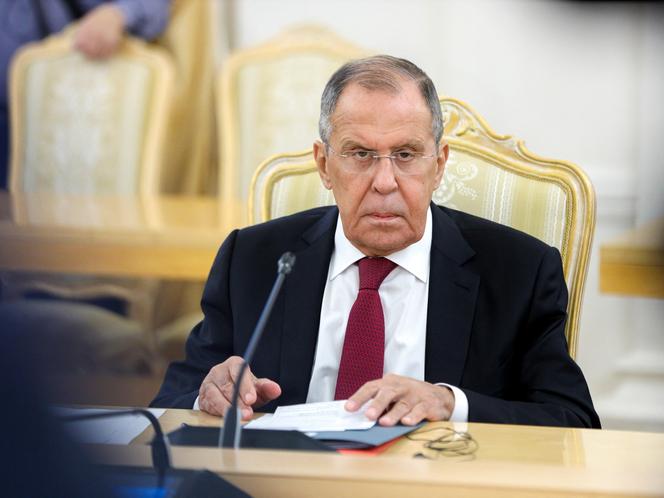


From a diplomatic standpoint, the resumption of the Azerbaijani offensive in Nagorno-Karabakh on Tuesday, September 19 is a setback for Moscow. The November 2020 peace agreement was brokered under Russia's aegis, and a 1,960-strong Russian "peacekeeping" force was tasked with overseeing its enforcement and theoretically maintaining on-the-ground security.
Instead, Moscow has allowed tensions to fester and has been unable, or unwilling, to prevent the Azerbaijani side from organizing the blockade of Nagorno-Karabakh for almost a year. Whether for lack of political will or military resources − possibly the result of a weakened army currently waging war in Ukraine − Russia has abandoned its role as arbiter and guarantor. Once again, it has demonstrated its inability to ensure stability in what it claims to be its backyard, whether in the Caucasus or Central Asia.
Despite its links with the Russian army, the Telegram channel Rybar, which assiduously monitors the conflict in the region, went as far as to suggest on Tuesday that there were efforts to "discredit" the Russian mission and Moscow's position as the security guarantor.
Russia's initial reaction to this latest escalation of tensions in Nagorno-Karabakh confirms Moscow's position as a mere observer. The Ministry of Foreign Affairs called "on both parties to the conflict" to stop the conflict, a diplomatic gesture that appears to be a minimal response and disregards the evident fact that Azerbaijan deliberately initiated the conflict.
On the Kremlin side, spokesman Dmitry Peskov said that, "The first thing for us (...) is to ensure the safety of the civilian population of Karabakh." He was forced to deny rumors that Baku had informed the Russian side in advance of its operation.
In 2020, Yerevan had already felt abandoned by its historical Russian ally. Moscow, who had allowed Baku to showcase its military superiority before securing a ceasefire in the conflict – a peace agreement that, while not addressing fundamental issues, essentially made a resurgence of hostilities all but certain. Added to this is the complex relationship with Recep Tayyip Erdogan's Turkey, a staunch supporter of Azerbaijan – a subject Russia tends to avoid confrontation on in favor of addressing more pressing concerns.
In recent weeks, the Armenian government has steadily distanced itself from Moscow, sending out a multitude of symbolic signals - the expulsion of Russian journalists, the visit to Kyiv by the wife of Prime Minister Nikol Pashinyan and humanitarian aid to Ukraine. Other more significant gestures included the organization of a joint military exercise with the United States and the announcement that Yerevan would ratify the Rome Statute – the founding treaty of the International Criminal Court, which in March issued an arrest warrant for Vladimir Putin for "war crimes" linked to the deportation of Ukrainian children.
You have 29.26% of this article left to read. The rest is for subscribers only.
